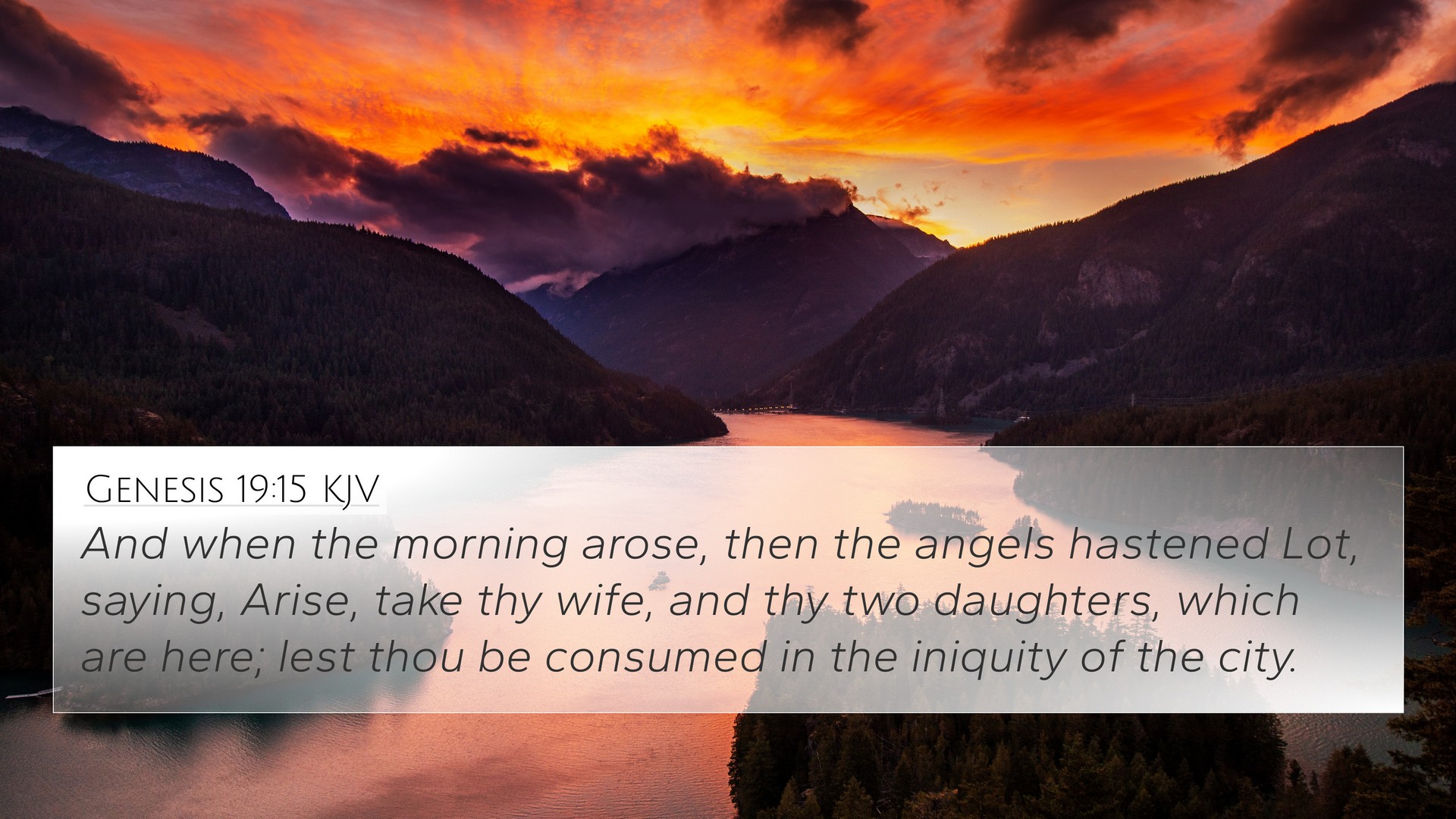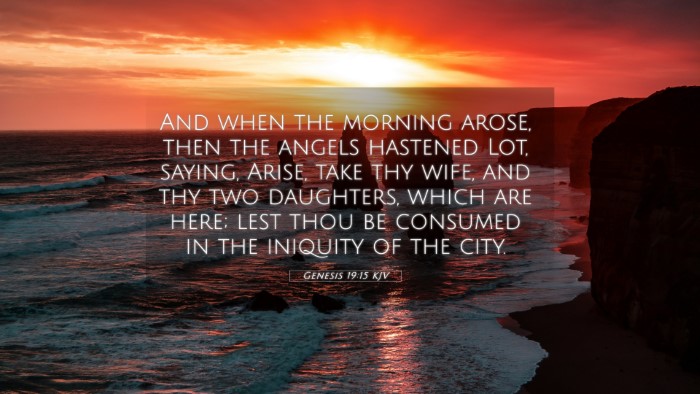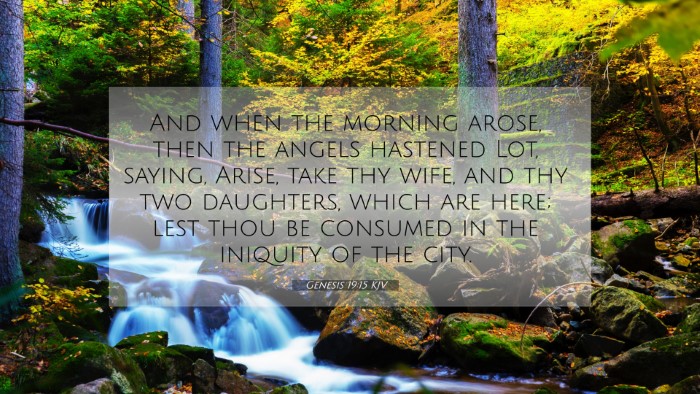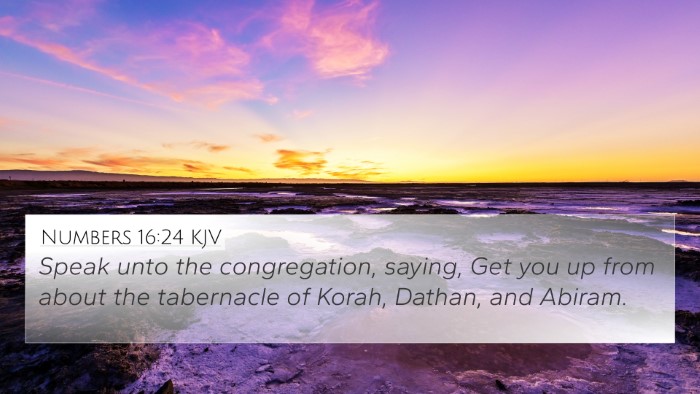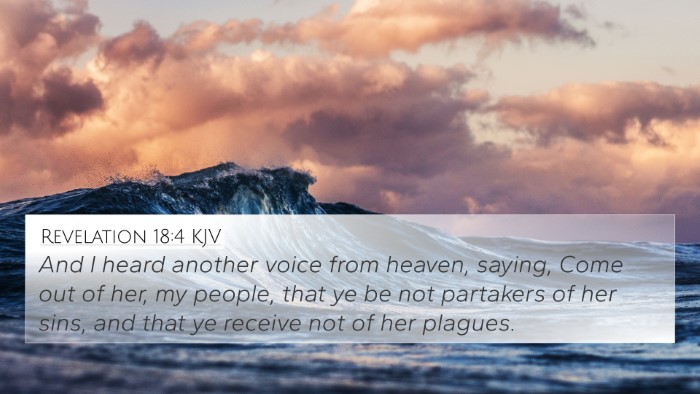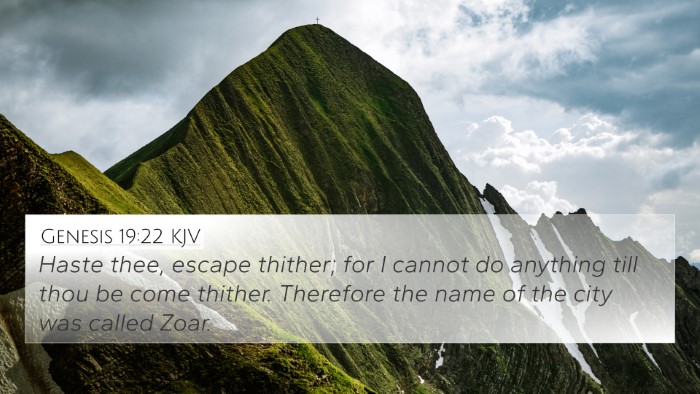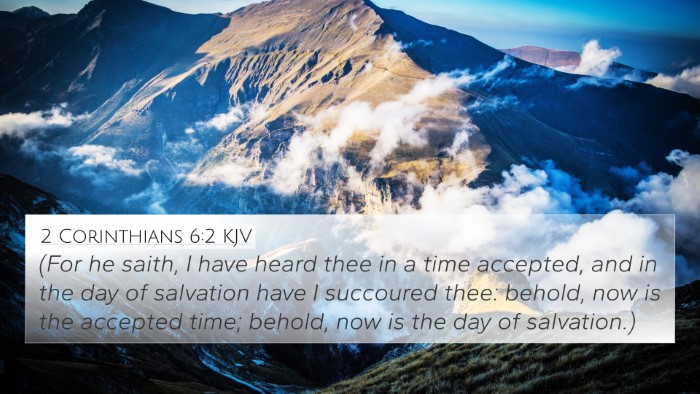Meaning and Interpretation of Genesis 19:15
Genesis 19:15 records a pivotal moment during the destruction of Sodom and Gomorrah, where the angels urge Lot and his family to flee the city before divine judgment is executed. This verse reads:
"And when the morning arose, then the angels hastened Lot, saying, Arise, take thy wife, and thy two daughters, which are here; lest thou be consumed in the iniquity of the city."
Context and Significance
This verse underscores several critical themes, including divine mercy, urgency of obedience, and the consequences of sin. The angels' insistence on haste reflects the gravity of the situation. Here are some insights combined from public domain commentaries:
- Divine Urgency: The angels urgently call Lot to escape, illustrating God's mercy as He provides a means of salvation before judgment. Albert Barnes notes that this urgency highlights the importance of responding quickly to God's call.
- Lot's Dilemma: According to Matthew Henry, Lot’s hesitance reveals human tendencies to cling to worldly comforts even in peril. The plea to leave emphasizes the need to prioritize spiritual over temporal concerns.
- Family Responsibility: Adam Clarke emphasizes how the angels direct Lot to save his family, reflecting the biblical principle of familial responsibility in matters of salvation.
- Contrast with Sodom: The verse contrasts Lot’s obedience with the city's wickedness. The angels' command signifies the judgment that the city deserves due to its sinfulness (Genesis 19:13).
- Symbol of Escape: The act of fleeing signifies repentance and the desire to turn away from sin, prevalent throughout biblical narratives (see also Luke 17:31-32).
Thematic Connections
Genesis 19:15 can be cross-referenced with numerous Bible verses that reinforce its themes and messages:
- 2 Peter 2:6-9: These verses discuss God rescuing the righteous while condemning the wicked, echoing the theme found in Genesis 19.
- Luke 17:28-30: Jesus cites the destruction of Sodom and Lot’s escape as a warning of judgment during the last days.
- Matthew 24:37-39: Jesus also compares the days of Noah and Sodom, stressing the suddenness of divine judgment.
- Hebrews 11:7: This passage highlights Noah's faith and obedience, paralleling Lot’s actions in responding to the warning of the angels.
- Romans 2:5: Paul's discourse on God's wrath resonates with the imminent judgment faced by the inhabitants of Sodom.
- Genesis 19:16: Directly following our verse, Lot hesitates but is urged on, indicating struggle in human response to divine commands.
- 1 John 2:15-17: These verses remind believers not to love the world or its desires, similar to Lot’s initial attachment to Sodom.
Cross-Referencing Insights
Engaging in Bible cross-referencing is a valuable tool for deeper understanding:
- Connecting with Old Testament themes: Like the story of Noah, both highlight divine judgment and mercy.
- Identifying parallels in the New Testament: The references in Luke and Matthew connect the teachings of Jesus with the events in Genesis.
- Comparative Bible verse analysis: Exploring how similar narratives unfold provides insight into God’s character and His dealings with humanity.
Tools for Bible Cross-Referencing
When studying verses like Genesis 19:15, you may find the following tools useful:
- Bible Concordance: A valuable resource for finding related scripture by key terms.
- Bible Cross-Reference Guide: Many study Bibles offer built-in cross references to connect verses.
- Comprehensive Bible Cross-Reference Materials: Online databases and software provide user-friendly interfaces to explore connections extensively.
Conclusion
In summary, Genesis 19:15 serves not only as a historical account of Lot's deliverance but also as a profound teaching on obedience, divine mercy, and the consequences of sin. Engaging with this verse through thematic connections and cross-references offers a rich understanding of its implications within the broader narrative of scripture.
